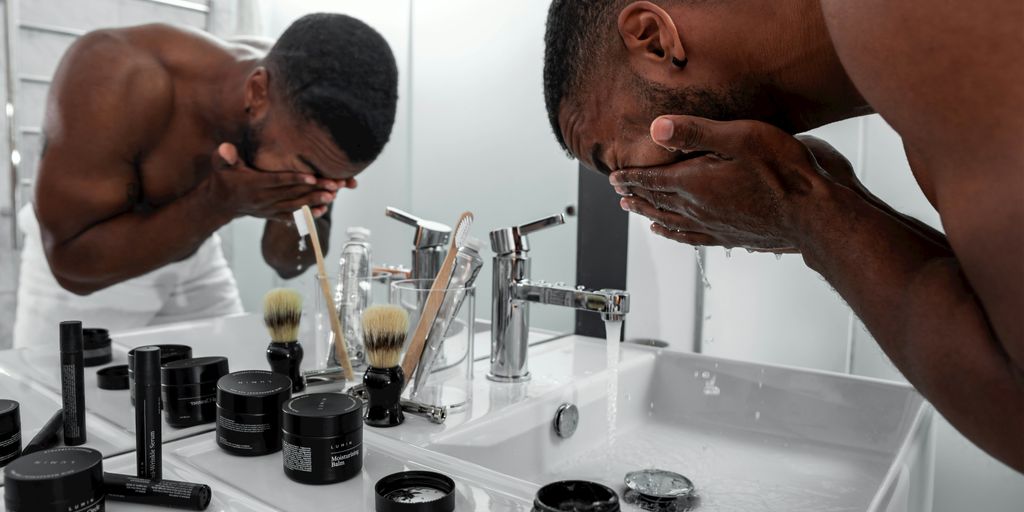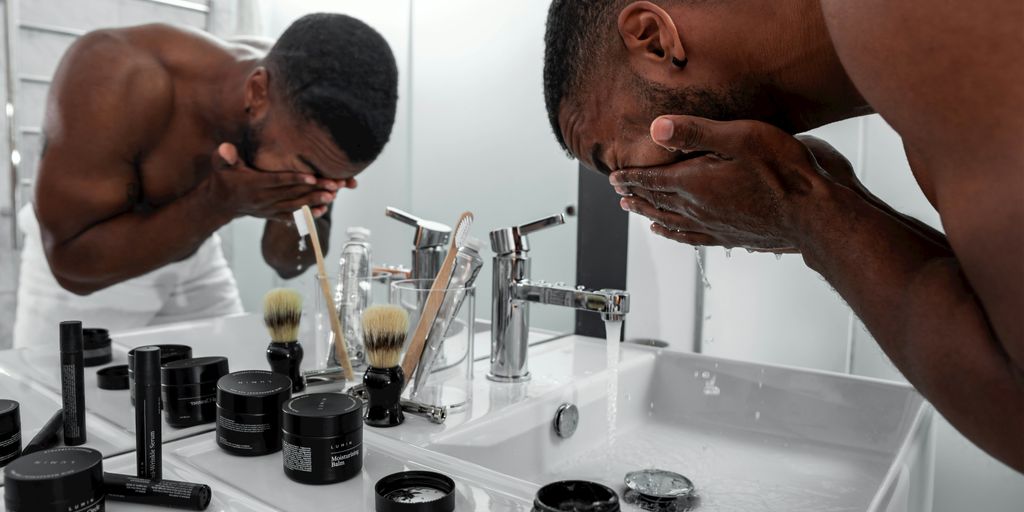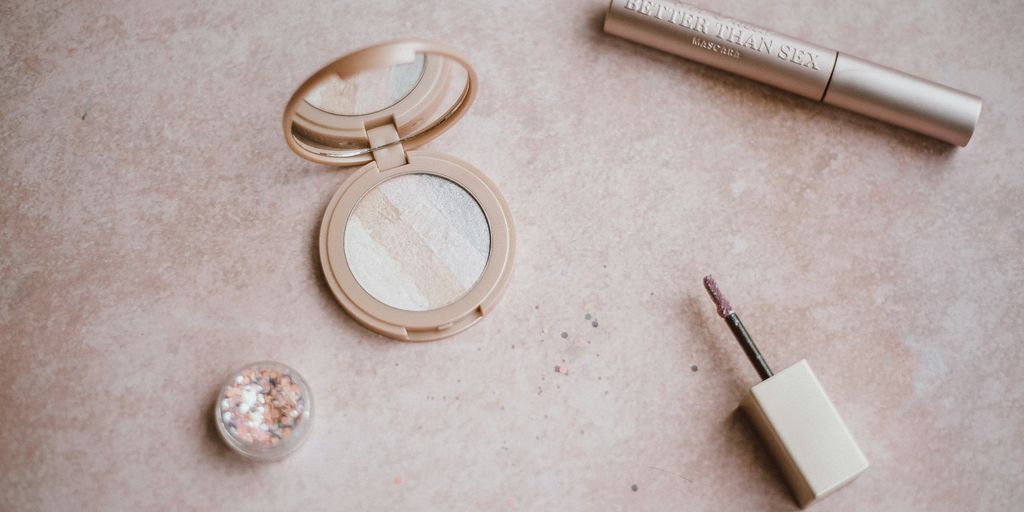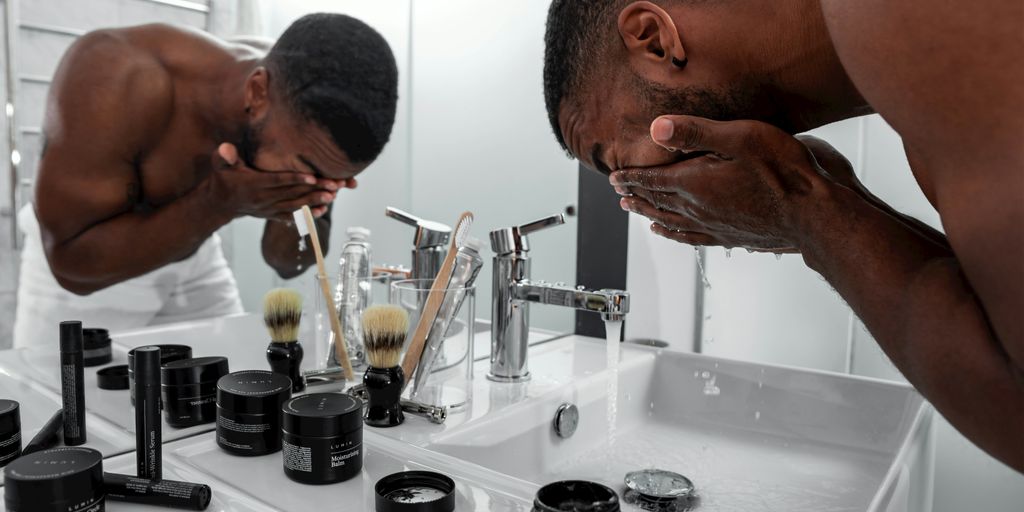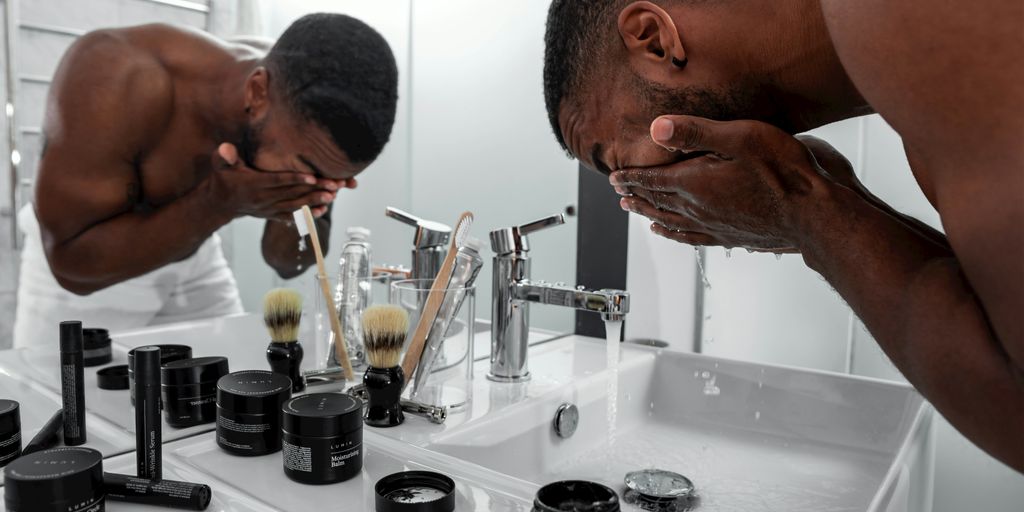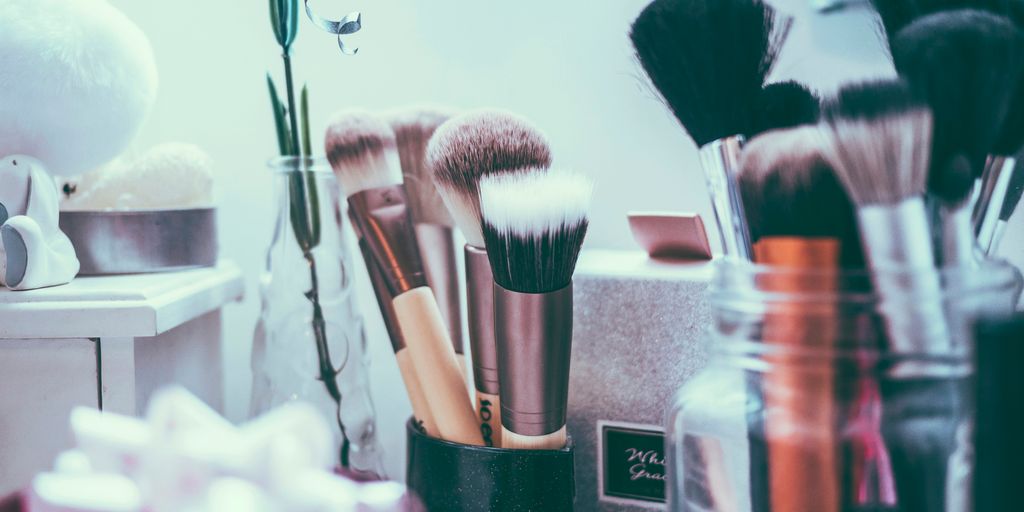In 2025, the question of whether Nivea is cruelty-free continues to spark debate among consumers. As more people seek ethical products, understanding Nivea’s practices regarding animal testing and ingredient sourcing is essential. This article aims to clarify Nivea’s stance on animal testing, the ingredients they use, and how they compare to other brands in the skincare market.
Key Takeaways
- Nivea’s animal testing policy is influenced by global regulations and market demands.
- The brand is increasingly focusing on ethically sourced and vegan ingredients.
- Nivea has made strides in sustainability, including eco-friendly packaging.
- When compared to competitors, Nivea’s cruelty-free status is still under scrutiny by consumers.
- Certifications play a crucial role in verifying cruelty-free claims, and Nivea’s status varies by region.
Understanding Nivea’s Animal Testing Policies
Nivea’s Stance on Animal Testing
It’s a question a lot of us have: does Nivea test on animals? Nivea has stated they are committed to developing products that are safe and effective for consumers. However, the specifics of their animal testing policies can be a bit complex. Nivea says they do not conduct animal testing themselves, and they haven’t since 1980, which is great. But, it’s important to look at the whole picture, which includes third-party testing and legal requirements in different countries.
Global Regulations Impacting Testing
Different countries have different rules about animal testing for cosmetics. For example, some countries may require animal testing for certain products before they can be sold there. This is where things get tricky for brands like Nivea that sell products worldwide. It’s not always a simple yes or no answer. Here’s a quick rundown:
- Some countries mandate animal testing for imported cosmetics.
- Other regions have banned animal testing altogether.
- The rules can change, so it’s important to stay updated.
Navigating these global regulations is a challenge for cosmetic companies. They have to balance consumer safety, legal requirements, and their own ethical commitments.
Consumer Perception of Cruelty-Free Claims
What does "cruelty-free" really mean to us as consumers? It can mean different things to different people. Some might think it means no animal testing at any point in the product’s development, while others might focus on the final product not being tested on animals. It’s also important to consider vegan claims, which mean no animal-derived ingredients are used. Here are some things that shape our views:
- Personal values and ethics.
- Information from advocacy groups.
- Marketing and labeling practices.
The Ingredients Behind Nivea Products
Ethically Sourced Ingredients
When we pick up a Nivea product, most of us probably don’t spend a lot of time thinking about where the ingredients actually come from. But it’s a valid question! Are they being sourced in a way that’s fair to workers and the environment? Nivea has stated they are working towards greater transparency in their supply chain, but it’s still a work in progress.
- Fair labor practices are a key concern.
- Environmental impact of sourcing is also important.
- Traceability of ingredients is improving, but not perfect.
Vegan Formulations in Nivea
Are Nivea products vegan? That’s a question a lot of consumers are asking. While Nivea isn’t exclusively a vegan brand, they do offer some products that are formulated without animal-derived ingredients. It’s important to check the label, though, because not everything in their lineup fits the bill.
Nivea has been gradually increasing its range of vegan products, responding to growing consumer demand. However, it’s still a small portion of their overall product line.
Transparency in Ingredient Sourcing
One of the biggest things consumers want these days is transparency. We want to know what’s in our products and where it comes from. Nivea has made some steps towards this, but there’s still room to grow. Providing clear and accessible information about their ingredients and sourcing practices would go a long way in building trust with consumers.
Here’s what Nivea could improve:
- More detailed information on their website.
- Easier access to ingredient lists.
- Clearer labeling about potential allergens.
Nivea’s Commitment to Sustainability
Environmental Initiatives
Nivea has started making some changes, and it’s interesting to see where they’re putting their focus. They’re talking more about reducing their carbon footprint, which is a big topic these days. It seems like they’re trying to use resources more responsibly, but it’s still early to see the real impact. I think it’s a good start, but there’s always room to do more. They’ve announced a goal to reduce CO2 emissions by 30% by 2030.
- Reducing water consumption in manufacturing.
- Investing in renewable energy sources for production plants.
- Partnering with environmental organizations for conservation projects.
Sustainable Packaging Practices
Packaging is a huge deal when you think about waste, and Nivea is trying to address this. They’re exploring different materials, like using more recycled content and less plastic. It’s a slow process, but any step towards more sustainable packaging is a plus. I’ve noticed some products with new labels talking about this, so it seems like they’re trying to be more open about what they’re doing. Sustainable packaging is a must for the future.
- Using more recyclable materials in packaging.
- Reducing the amount of packaging used per product.
- Exploring biodegradable and compostable packaging options.
Community Engagement and Support
Nivea’s involvement in community projects is something I’ve been looking into. They seem to be focusing on initiatives related to skin health and well-being, which makes sense for their brand. It’s cool to see them giving back, but I’m always curious about the scale and impact of these efforts. It would be great to see more details about the specific projects they’re supporting.
- Supporting skin cancer awareness campaigns.
- Providing skincare products to underserved communities.
- Partnering with local organizations for health and wellness programs.
It’s important for big companies like Nivea to show they care about more than just profits. Getting involved in the community and supporting good causes can make a real difference, and it also helps build trust with consumers.
Comparing Nivea to Other Brands
Cruelty-Free Alternatives
When you’re trying to make smart choices about skincare, it’s good to know what else is out there. Plenty of brands have made cruelty-free practices a core part of what they do. These brands often get certified by groups like Leaping Bunny or PETA, which means they’ve had a third party check their whole supply chain to make sure no animal testing happens at any stage. Some popular alternatives include brands like:
- Pacifica
- Alba Botanica
- Yes To
These brands often highlight their ethical practices, so it’s easy to find info on their websites or product packaging. It’s all about finding what works for you and aligns with your values.
Market Position Among Competitors
Nivea is a big player in the skincare world, known for being affordable and easy to find. But the market is changing, and more people are looking for brands that are upfront about their ethics. This puts pressure on companies like Nivea to keep up. While Nivea holds a strong position due to its history and wide range of products, other brands are gaining ground by focusing on being cruelty-free and sustainable. It’s a competitive space, and consumers have more choices than ever.
Consumer Preferences in Skincare
What people want in skincare is changing. It’s not just about what works; it’s also about how it’s made. More and more, people care about:
- Ingredients
- Sustainability
- Ethical practices
Consumers are doing their homework, reading labels, and looking for brands that share their values. This trend is pushing the whole industry to be more transparent and responsible. Brands that listen to these preferences are the ones that will likely do well in the long run.
The Role of Certifications in Cruelty-Free Claims

Understanding Cruelty-Free Certifications
Okay, so what are these cruelty-free certifications we keep seeing? Basically, they’re stamps of approval from independent organizations that check if a company’s products and ingredients are tested on animals. These certifications give consumers a way to make informed choices and support brands that align with their values. It’s not just about a logo; it’s about a whole process of verification.
Nivea’s Certification Status
So, where does Nivea stand with all this? Well, it’s a bit complicated. Nivea doesn’t have blanket certification from some of the big names in cruelty-free like Leaping Bunny or PETA. This doesn’t automatically mean they’re testing on animals left and right, but it does mean you have to dig a little deeper to understand their policies and practices. It’s worth checking their official statements and seeing what they say about their commitment to alternative testing methods.
Importance of Third-Party Verification
Why does third-party verification even matter? Here’s the thing: companies can say they’re cruelty-free, but without an independent audit, it’s hard to know for sure. Third-party certifications offer:
- Transparency: The certification process is usually public.
- Accountability: Brands have to maintain standards to keep the certification.
- Trust: Consumers are more likely to trust a product with a recognized certification.
It’s important to remember that certifications aren’t the only factor to consider. Look at the company’s overall ethics, sustainability efforts, and ingredient sourcing. A holistic approach gives you a better picture of their values.
Consumer Experiences with Nivea Products
User Reviews and Feedback
When you’re trying to figure out if a brand aligns with your values, it’s always a good idea to see what other people are saying. Nivea is a pretty common brand, so there are tons of reviews out there. Generally, people seem to like Nivea products for their effectiveness and affordability. However, concerns about animal testing do pop up in the comments sections and forums. It’s a mixed bag, really. Some people are die-hard fans and others are actively looking for alternatives.
Social Media Sentiment
Social media can be a real-time focus group. A quick search for Nivea on platforms like X, Instagram, and TikTok shows a range of opinions. You’ll see people sharing their favorite Nivea products, like the classic Nivea Creme, and discussing whether or not the brand is truly cruelty-free. The overall sentiment seems to be cautiously optimistic, with many hoping Nivea will fully commit to cruelty-free practices.
Influencer Opinions on Cruelty-Free Practices
Beauty influencers definitely play a big role in shaping consumer opinions. Some influencers promote Nivea, focusing on the quality and price point, while others avoid the brand due to its animal testing policies. It really depends on the influencer’s personal brand and what their audience cares about. Many beauty gurus are very transparent about their stance on cruelty-free products, and their opinions can really sway potential buyers.
It’s important to remember that consumer experiences are subjective. What works for one person might not work for another. And when it comes to ethical considerations like animal testing, people have very strong feelings. It’s all about doing your research and making informed choices that align with your own values.
Here’s a quick look at how Nivea stacks up in online discussions:
- Product Effectiveness: Generally positive reviews.
- Price Point: Considered affordable and accessible.
- Animal Testing Concerns: A recurring point of discussion.
- Availability: Widely available in stores and online.
Future Directions for Nivea
Potential Changes in Animal Testing Policies
It’s tough to say exactly what the future holds, but there’s definitely pressure on brands like Nivea to keep evolving their animal testing policies. Consumer expectations are changing fast, and more people want to buy from companies that are truly cruelty-free. Maybe we’ll see Nivea investing more in alternative testing methods, like in-vitro testing or computer modeling. It’s also possible they’ll work more closely with organizations pushing for global bans on animal testing for cosmetics. It’s a complex issue, but progress is definitely possible.
Innovations in Product Development
Nivea could really shake things up with some cool new product development. Think about it: more vegan options, sustainable packaging, and ingredients that are good for both your skin and the planet. They could focus on:
- Developing more products with ethically sourced ingredients.
- Creating refillable packaging options to reduce waste.
- Investing in research for new, plant-based alternatives to common cosmetic ingredients.
It would be great to see Nivea leading the charge in creating skincare that’s not only effective but also environmentally responsible. That’s the kind of innovation that could really set them apart.
Consumer Advocacy and Brand Responsiveness
Consumers have a lot of power, and Nivea knows it. Social media makes it easier than ever for people to voice their opinions and hold brands accountable. If enough people demand change, companies tend to listen. Nivea will likely be paying close attention to:
- Online reviews and feedback.
- Social media trends and discussions.
- Petitions and campaigns related to animal testing and sustainability.
Ultimately, how Nivea responds to consumer concerns will shape its future. If they show they’re serious about making a positive impact, they’ll likely build even more trust and loyalty with their customers.
As Nivea looks to the future, it aims to innovate and adapt to the changing needs of consumers. This includes focusing on eco-friendly products and sustainable practices. By embracing new technologies and listening to customer feedback, Nivea can continue to be a leader in skincare. If you want to learn more about how Nivea is shaping its future, visit our website for the latest updates and insights!
Final Thoughts on Nivea’s Cruelty-Free Status
So, after looking into it, the question of whether Nivea is truly cruelty-free isn’t as straightforward as it seems. While they do have some products that are vegan and made without animal testing, the brand’s overall practices still raise some eyebrows. They sell in markets where animal testing is required, which complicates things a bit. If you’re someone who really cares about cruelty-free products, it might be worth considering alternatives that are fully committed to that cause. At the end of the day, it’s all about making choices that align with your values. Stay informed, and choose what feels right for you.
Frequently Asked Questions
Is Nivea a cruelty-free brand?
Nivea claims to not test on animals, but they do sell products in countries where animal testing is required by law.
What does cruelty-free mean?
Cruelty-free means that a product was not tested on animals at any stage of its development.
Are all Nivea products vegan?
Not all Nivea products are vegan. Some contain animal-derived ingredients, but they do offer vegan options.
How can I find out if a product is cruelty-free?
Look for certifications from organizations that verify cruelty-free practices or check the brand’s official statements.
What are some cruelty-free alternatives to Nivea?
There are several cruelty-free brands like The Body Shop, Lush, and Paula’s Choice that offer similar products.
Why is it important to choose cruelty-free products?
Choosing cruelty-free products helps reduce animal suffering and promotes ethical practices in the beauty industry.
